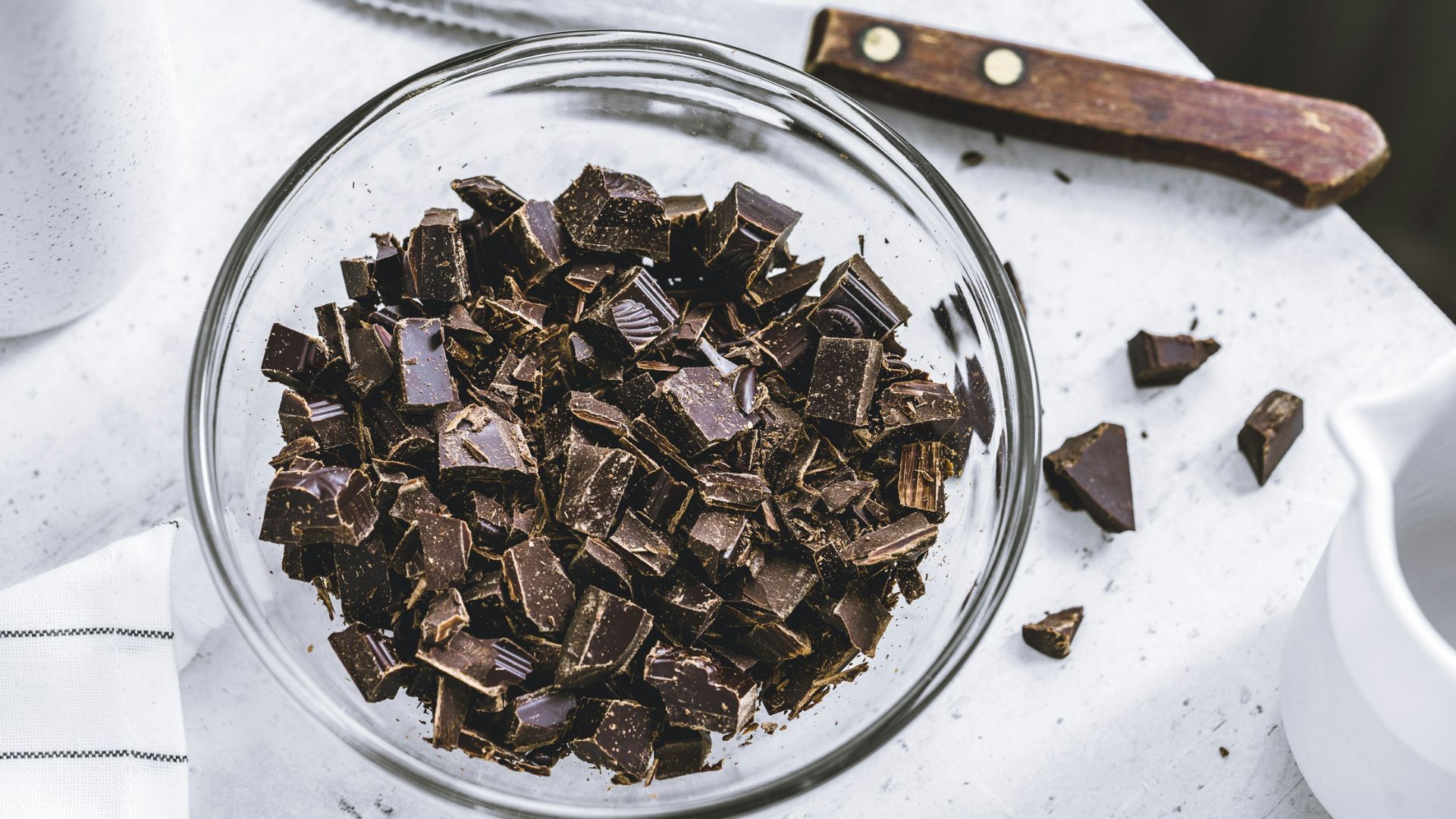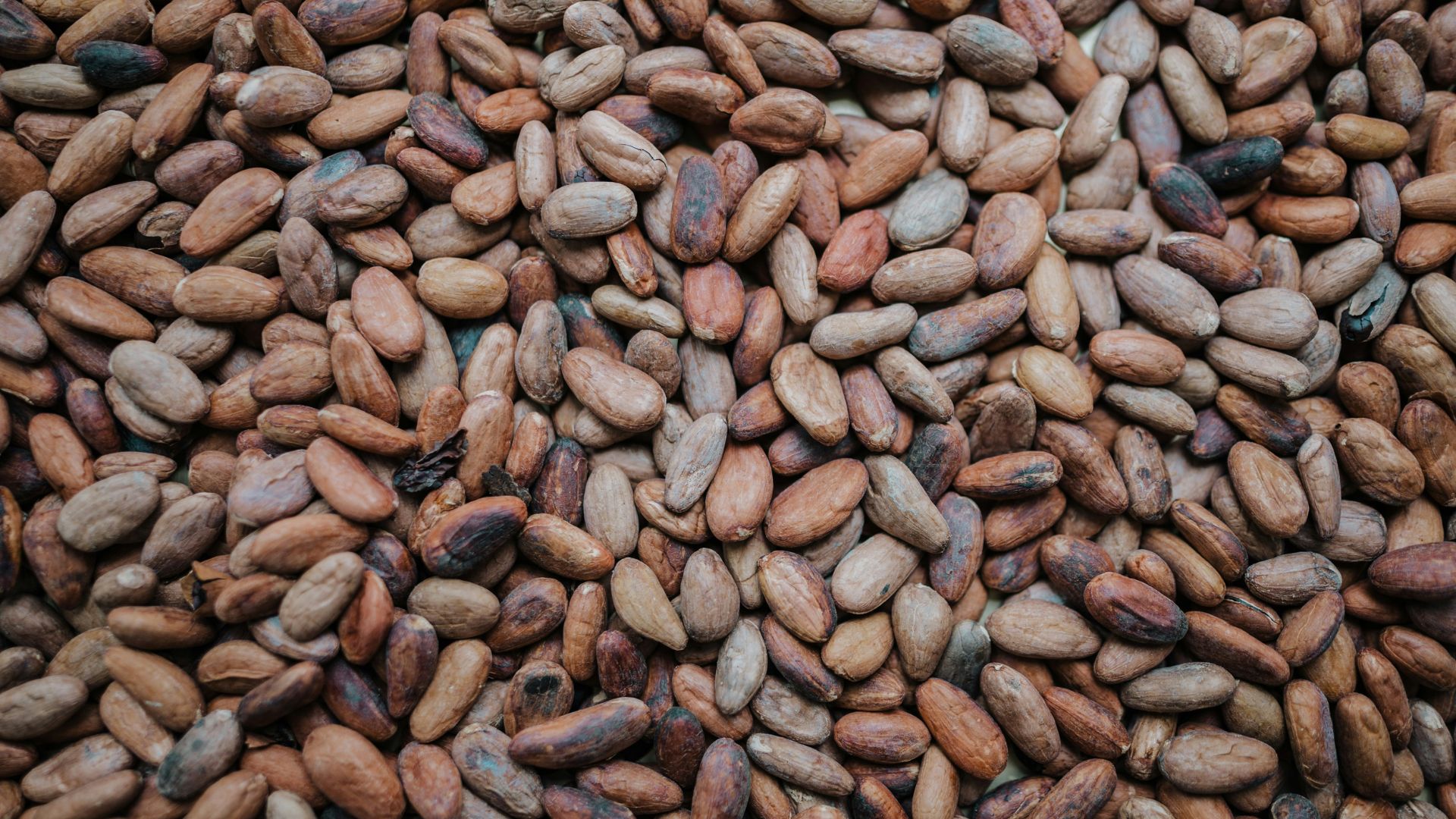Scientists have found that many dark chocolate bars sold by retailers nationwide have an excessive amount of heavy metals in them.
This revelation, which is detailed in a new study, has ignited a debate about how safe dark chocolate actually is — and how these metals are ending up in the bars in the first place.
Metal Found in Dark Chocolate Products

According to a new study published in the peer-reviewed Frontiers in Nutrition, many dark chocolate products sold around the U.S. have heavy metals such as arsenic, lead, and cadmium in them.
This study was conducted by scientists at George Washington University. These scientists studied more than 70 dark chocolate items from stores such as Amazon and Whole Foods Market.
Exceeding Levels

Researchers studied these dark chocolate products according to the California law known as Prop 65, which sets a maximum allowable level for heavy metals that can be in food.
By using this maximum, scientists found that 43% of all the products they tested exceeded these maximum levels of lead. Meanwhile, 35% exceed the levels for cadmium. None of these items exceeded the levels of arsenic.
Why the Study Used California’s Prop 65

The team attached to this study clarified that they used Prop 65 — a system that some scientists say is too conservative — because the Food and Drug Administration doesn’t set any limits on how much heavy metals can be in foods.
Therefore, they relied on the California regulation to better understand if these products are exceeding maximum levels.
How Much Metal Was Found in These Products?

The study also looked at just how many micrograms were found in these dark chocolate items. California regulations say that only 0.5 micrograms of heavy metal in foods should be consumed a day.
If people ate the suggested serving size on these products’ labels, they would be eating anywhere from 0 to 3.316 micrograms a day.
Can You Avoid Heavy Metals?

Scientists have explained that it’s impossible to truly eliminate all forms of heavy metals from your food.
For example, foods like fish, rice, vegetables, and fruit have long been known to have different amounts of metals in them.
What Metals Do to Your Body

There are many heavy metals that one’s body can naturally excrete, thanks to sweat and urine. However, this isn’t always the case.
If excessively heavy metals are consumed in large amounts, then the body can have issues trying to naturally excrete them. This can then lead to these metals damaging a body’s major organs.
Avoiding Heavy Metals

Leigh Frame, the lead author of this study, explained that there’s no surefire way to truly avoid eating heavy metals. However, you can limit them by adding some diversity to your diet.
“Not eating the same thing day after day is going to help protect you from many different things, including heavy metals,” she stated.
How Did Heavy Metals End Up in Dark Chocolate?

A debate has ignited over how these excessive heavy metals may have ended up in these dark chocolate products.
There are many ways heavy metals can end up in items, especially items such as dark chocolate bars that go through many different processes.
Lead and Cadmium Entering Chocolate

Previous studies have revealed that lead can be introduced to dark chocolate during the manufacturing process, such as the harvesting and fermenting of the cocoa bean.
Meanwhile, cadmium often enters dark chocolate through the cacao plant itself, as the metal can enter from the soil.
A Look at Farming

Manish Arora, the vice chairman of the Department of Environmental Medicine and Climate Science at the Icahn School of Medicine at Mount Sinai, questioned when this metal was attached to the dark chocolate items.
“Is it the processing, the farming or the type of soil or the fertilizer or any other farming process that they’re using?” he asked. “We are left not being sure where the metal actually entered the food chain.”
Can You Still Eat Dark Chocolate?

The scientists attached to this study have explained that there’s really only one way to ensure you’re not eating too many heavy metals: avoid the amount of chocolate you eat on a daily basis.
“Don’t have large amounts of chocolate every single day,” Frame said. “One ounce serving size is what we recommend, or maybe you have 2 ounces every other day.”
